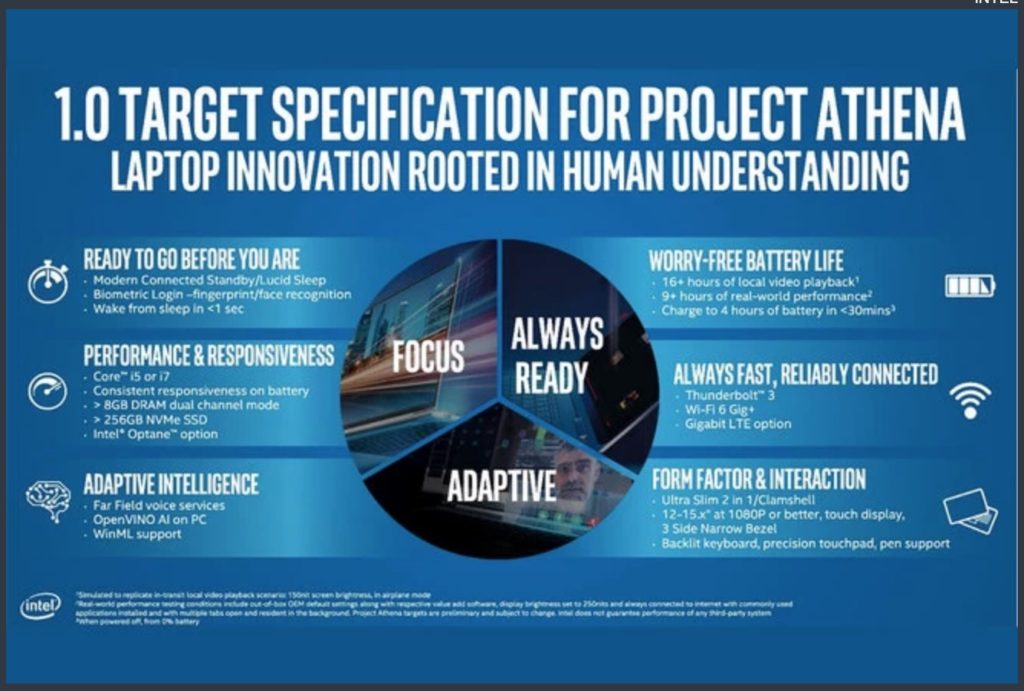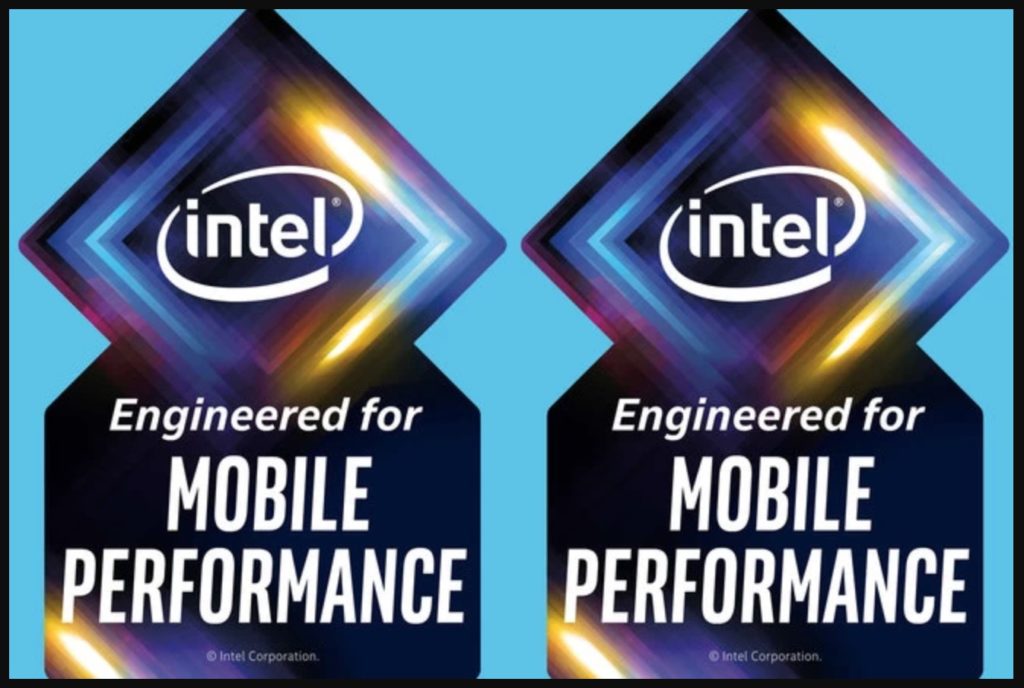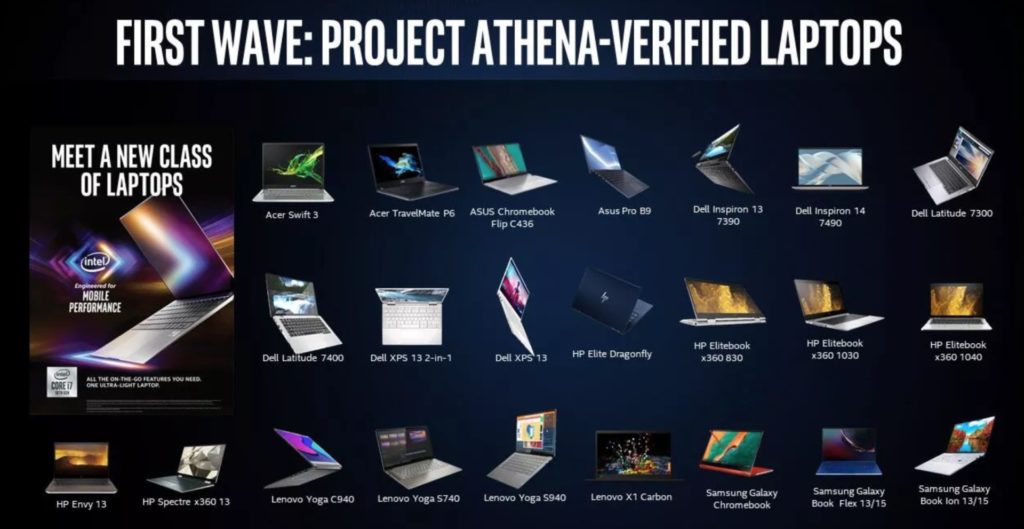Project Athena is Intel’s new specification for laptops and is an attempt to make sure the laptops deliver exactly what has been claimed by the manufacturers. Traditionally, users tend to rely on industry-standard benchmarking tools and techniques to measure the performance and battery life of the laptop. However, these benchmarks usually measure the laptop’s capabilities in ideal conditions and are often far from any real-time metrics you will experience during real-world usage.
Unlike these typical benchmarks, Project Athena focuses on key experience indicators (KEIs), which measure the performance in real-time usage. These KEIs can help users understand their laptop’s capabilities and performance under realistic conditions giving them a precise idea of how their device is performing.
What is Project Athena?
Project Athena is basically Intel’s idea of bringing trust and transparency to laptop consumers. Intel is enforcing certain standards with respect to performance, specifications, and battery life on laptops to qualify for Project Athena. With respect to specifications, laptops need to have the 10th Generation of Intel Core i5 or i7 processors paired with at least 8GB of RAM and 256GB of NVMe SSD storage.

Project Athena is about the right set of hardware meeting specific performance expectations. Here are some of the major specific features and capabilities a laptop needs to provide to qualify for Project Athena.
- Wake from sleep in less than a second.
- Fast charge using a USB-C port while delivering at least four hours of battery life in 30 minutes of charge time.
- Thunderbolt 3, WiFi 6, and an optional gigabit LTE connectivity option.
- Far-field microphone, backlit keyboard, precision touchpad, and pen support.
- Narrow bezels on at least three sides of the screen.
- Adaptive intelligence to automatically scale up and down for performance needs.
Apart from performance, Project Athena focuses on bringing transparency with respect to the battery life of the laptops. Battery life is often considered to be one of the biggest lies in the PC industry. PC makers promote their laptops in several ways, and one such means is by boasting of a long battery life, which is unrealistic. As per Intel, laptops need to provide at least 16 hours of video playback and nine hours of wireless browsing on a single charge to qualify for Project Athena.
How to identify Project Athena?
Intel has stated that there will be no separate brand or a logo for Project Athena. However, there will be a visual identifier to identify the laptops under Project Athena. There will be a logo (sticker) saying “Engineered for Mobile Performance” on the eligible laptops.

How different are the Project Athena laptops?
One of the biggest advantages and clear differentiators with the laptops under Project Athena is the nine-hour battery life. The laptops should and will provide a battery life of nine hours that includes browsing over WiFi with a brightness of 250nits. Intel has made it clear that it is going to conduct rigorous testing of the laptops under real-world usage before badging them with Athena. Intel also believes that these criteria that it has set for Project Athena will satisfy almost all modern laptop users and is going to make sure PC makers do not cheat customers with false performance and battery life claims.
Project Athena is going to test the laptops in various segments, including performance, responsiveness, battery life, intelligence, connectivity, form factor, and specifications. Therefore, it is evident that these laptops are bound to deliver as promised and will meet all the expectations Intel has set.
More about it
Currently, many high-end laptops from manufacturers, including Acer, Dell, Lenovo, HP, Samsung, Microsoft, Google, Xiaomi, and more, are Athena-certified. There are more than a dozen laptops that are Athena-certified and fall under the first wave of verified laptops.

Considering all the specification requirements, features, and standards, Athena-certified laptops are bound to be high-end. All these requirements mentioned above are for Athena 1.0, meaning Intel can come up with adjustments to the current requirements in the near future.
Images: Intel / Samsung



